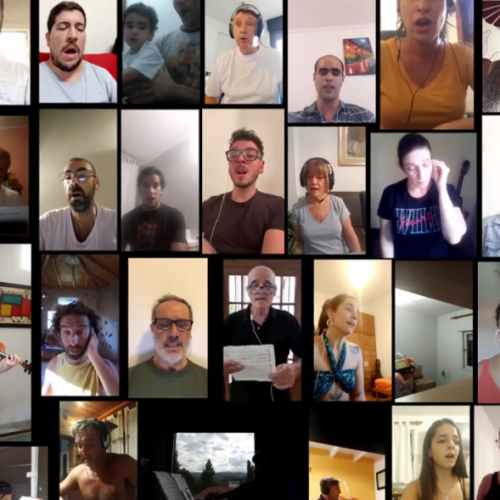Matti Caspi is an Israeli songwriter unknown outside the Hebrew language. Rinat Shaham takes him to another level in this song about second childhood.
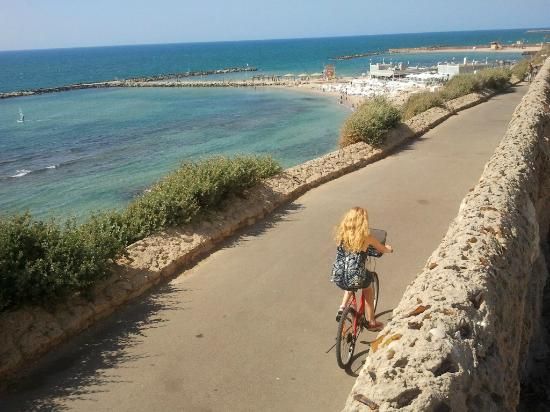
Matti Caspi is an Israeli songwriter unknown outside the Hebrew language. Rinat Shaham takes him to another level in this song about second childhood.

The great pianist, emerging from retirement and in countryside isolation, issues a strong personal appeal for the safety of the world. I don’t thikn I’ve seen her make a speech before.
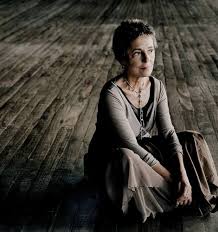
I was discussing with Leonard Slatkin last week my upcoming selections for Beethoven string quartets when he remembered that his brother Fred had a private performance by their parents, the only time the Hollywood String Quartet ever ventured onto video.
Leonard uploaded it onto Youtube and you’re among the first to see it.
The playing is glorious and the parents, in the foreground, are in tight control.
Leonard Slatkin adds: This half-hour-long program was supposed to be the first in a series, and I recently discovered it with the help of my brother, Fred. It is the only video documentation of the ensemble. You will probably notice different camera angles and even configurations of the quartet. They must have pre-recorded some of this and did the equivalent of lip syncing for some passages. The Beethoven was never commercially released on Capitol records. I wanted to share this with all of you because even though music is about listening, sometimes seeing is believing. Watch my dad’s bow arm and see if you can name anyone else who had such superb control. And my mom’s vibrato is always consistent and well-centered. There were two versions produced. One had the dean of the USC School of Music doing a rather unfortunate job of trying to describe what a quartet is. The second, and the one I have posted, has moments meant for sponsor placement. The narrator is Thomas Cassidy, who was the voice of classical music on the now-defunct radio station KFAC. He also delivered the intermission announcements at the Hollywood Bowl. This rarity is truly something to treasure, and I hope you all enjoy it.
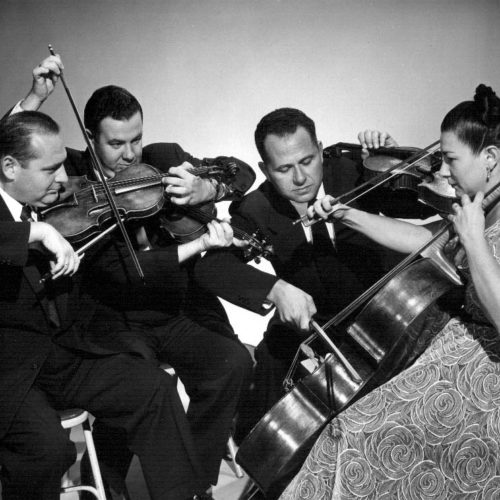
Conductor Kent Nagano: The passing of Krzysztof Penderecki is a deeply moving loss for all who love music and life and he will universally be mourned. An entire generation grew up with his music and his works provided vital important musical and social impulses, especially during the mid 1960-70’s as composer, performer, professor and humanist his creative vision remained an essential part of the musical landscape until his untimely passing.
Violinist Anne-Sophie Mutter: The premiere of his “Recordare” in September 1984 in Stuttgart was a life changing experience for me. A new era began. His violin concert “Metamorphosis“ became my life line during the terminal illness and death of my husband in 1995.
I had the great fortune to premiere many of his works in the last 25 years. Every piece he wrote for me since has challenged and moved me deeply. His earth shattering musical language, his mastery of form filled with his deep soul shining through every note of his compositions makes his oeuvre a present to the world.
And getting to know this wonderful man who passionately collected and cultivated trees will forever remain my life’s treasure.
“The Polish Requiem“, “Lukas Passion“, “7 Gates of Jerusalem“ and “Threnody for the Victims of Hiroshima“ – to name a few – are monumental memorials to mankind. Let us honour his genius by keeping him alive for eternity in our hearts and concert halls.
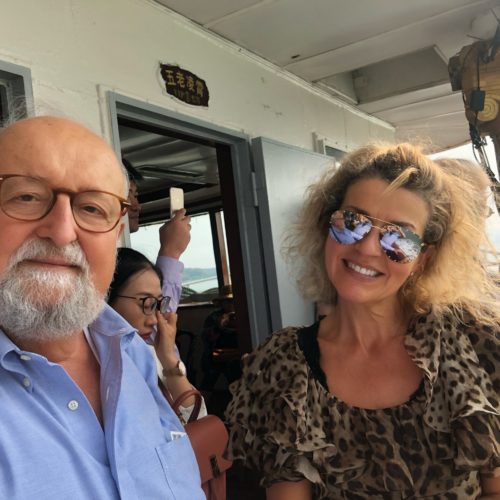
Pianist Rostislav Krimer: I can not describe how sad it is and how irraplaceble is this wonderful, wise person and enormous composer. I am so so greatful to play together, to speak together, to have Maestro in Belarus twice so Minsk could hear his music and see him as well as our students to meet him. We planned his visit again and had wondeful plans ahead.
I was blessed to play his piano concerto number of times and work with Maestro on it. I remember every moment, every second which will stay with me for all times. I will always remember a God-service in the church in Warsaw on his 85th Jubileum, where I was blessed to be. It will stay forever as a goodbye memory. Thank you dear Krzysztof for everything, for blessing us with your life and music.
Record producer David Starobin: The death today of Krzysztof Penderecki brings back memories of my high school years, and the powerful impact such pieces as his “Threnody to the Victims of Hiroshima” and his “St. Luke Passion” made on me and so many others. The encounter with his music shaped a generation of younger composers.
Friends are reporting the death from Coronavirus complications of Mabel Perelstein, an opera singer who performed in 33 countries.
Originally from Buenos Aires, she studied in Spain and sang opposite Plácido Domingo, Alfredo Kraus, José Carreras, Montserrat Caballé, Mirella Freni and many more. The composers José Luis Turina, Ignacio Yepes and José Luis Moreno worte for her.
She had been weakened by leukaemia before contracting the virus and beinh hospitalised in Madrid.
Rest her soul.

The tenor has issued an appeal on behalf of saengerhilfe.de, which is collecting for needy homebound singers.
Watch him here.
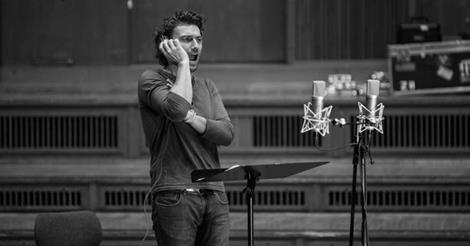
Mario Dradi and our friends at IME Productions brought three top tenors in Rome, Milan and Fabiano today together with Zubin Mehta for a unqiuely distanced concert in Coronavirus circumstances.
The tenors are Luciano Ganci, Francesco Meli and Giovanni Sebastiano Sala.
Another 61 artists from across Italy joined in the finale.
Enjoy, hope and pray. Vincero, vincero!
Today’s concert begins at 0.45.
You see this first on Slipped Disc.
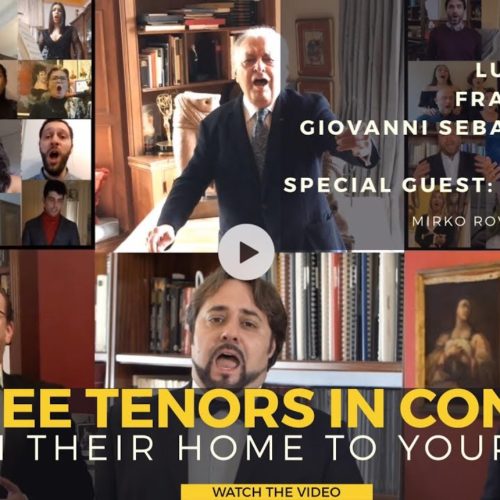
The Bournemouth Symphony Orchestra has lost its summer’s work at Grange Opera, as well as the rest of its season.
Here’s what it’s telling freelance players:
As you know we have already announced the cancellation of our performances up until 5th April. We have now had to make the difficult decision to cancel the remainder of our currently scheduled rehearsals and performances through to the end of this season.
I can confirm that we intend to honour the fee payments for all cancelled or postponed rehearsals and performances up to 30 April. I can confirm that BSO will reimburse out of pocket travel expenses already incurred for work through to the end of the season provided a claim is submitted with all relevant receipts.
Many of you will have, I am sure, seen the news that Grange Festival have cancelled their 2020 season. This work, which is not subject to direct Arts Council funding is therefore dependent on the fee income from Grange. Given Grange have had to cancel this contract with BSO, it is with great sadness that I to have to say we will not be able to pay any fees for this work.
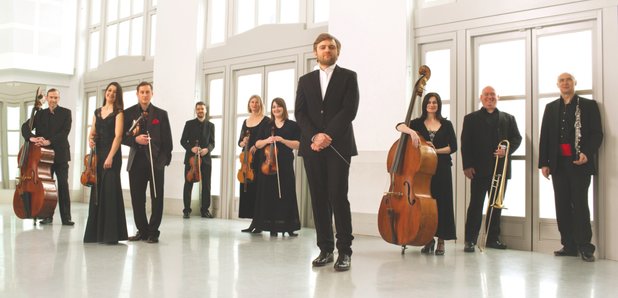
Kennedy Center President Deborah Rutter has told the Washington Post that she’s giving up her $1.2 million salary for the duration. ‘My hope is that these circumstances don’t last forever, but I’m going to be a realist,’ she said.
Her players will get no pay from the end of this week and no health cover from the end of May.
‘It’s a leadership issue,’ she said. ‘This is what a leader does.’
The WP did not press her further.
Rutter’s decision is the most brutal yet in America’s Darwinian musical environment and it comes after President Trump pumped an emergency $25 million into the Kennedy Center.
She has not communicated directly with the musicians.
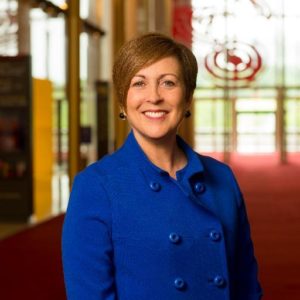
Meantime, we hear President Trump took a call last week from a lobbyist for the League of American Orchestras.
Krzysztof Penderecki, who died today, would bridle when journalists called him ‘the greatest Polish composer’ or ‘the most important’ or any other relative terms because he never fitted into any group or movement.
Hailed as an avant-gardist for his breakthrough Threnody to the Victims of Hiroshima, closer listening revealed a profound affinity with the night music of Bela Bartok and the increasingly abstract expressions of his compatriot Lutoslawski.
Acclaimed by the Me Generation for his sexualised opera The Devils of Loudun, he was a uxorious, conservative man who lived on the quiet outskirts of Krakow.
Embraced by the Pope in Rome for his St Luke’s Passion and other devotions, he attended a minority Armenian church.
Polish to all appearances, he had a German grandfather and a grandmother from Isfahan in Iran, as well as a lifelong sympathy for Jews, whose roundups by the Nazis he witnessed in his home town Debica, known in Yiddish as the shtetl Dembitz. His hour-long seventh symphony is titled The Seven Gates of Jerusalem. In his last concerto grosso, he heard elements of klezmer music.
An early supporter of the Solidarity uprising, he steered stricly clear of factions and party politics.
His most heard works – aside from music for The Exorcist – are probably a cello concerto commissioned by Mstislav Rostropovich and two violin concertos, one for Issac Stern, the second for Anne-Sophie Mutter. All three have virtuosic flourish and audience appeal, along with a fastidious self-distancing.
His range extend from baroque imitation…
to borderline atonality.
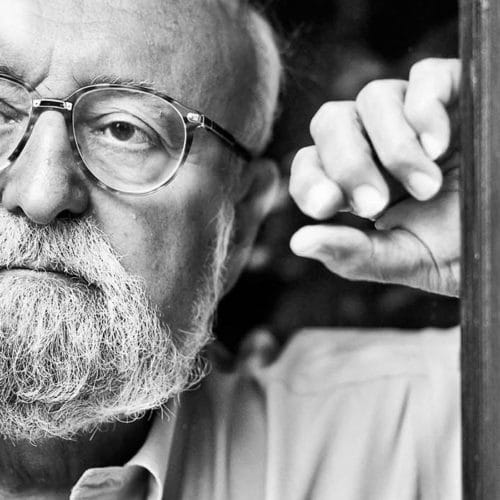
photo: Polish Government
The Threnody will always be his signature work and there will always be a place for major statements like his Polish Requiem. But in years to come, and in times of stress, we will turn increasingly to the adagio of his third symphony, a Mahlerian contemplation of love and loss, eternal in its message.
May he rest in peace.
The esteemed Polish composer Krzysztof Penderecki died this morning after a long illness.
He was 86.
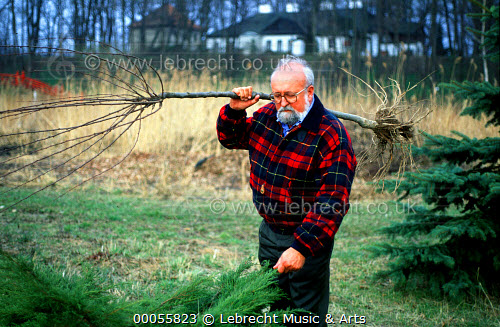
Krzysztof Eugeniusz Penderecki forced Polish music out of Stalinist oppression in 1961 with his powerfully atonal work for massed strings, Threnody to the Victims of Hiroshima.
He became the pioneer of Polish modernism, the fulcrum of Warsaw’s Autumn Festival and the figurehead of a different kind of music that would lead Poland out of its long darkness. Alongside Hiroshima at the 1961 Autumn Festival, the world also heard the world premiere of Lutoslawski’s Venetian Games and athe playful Three Diagrams by Gorecki. Poland had resumed its rightful place as a musical powerhouse.
Rejecting the ‘destructiveness’ of western avant-gardism, he steered how own course of individual expressionism, impelled by a search for a sound that was both engaging and contemporary.
In person, he was courteous, collegial, professional, quizzical: his own man.
He was twice married and lived for much of his life on the outskirts of Krakow.
They are seriously bueno, and they are the frotnline of the war on Coronavirus.
Coro Municipal de Córdoba
Dirección: Esteban Conde Ferreyra
Orquesta de Cuerdas Municipal
Dirección: Santiago Ruiz.
